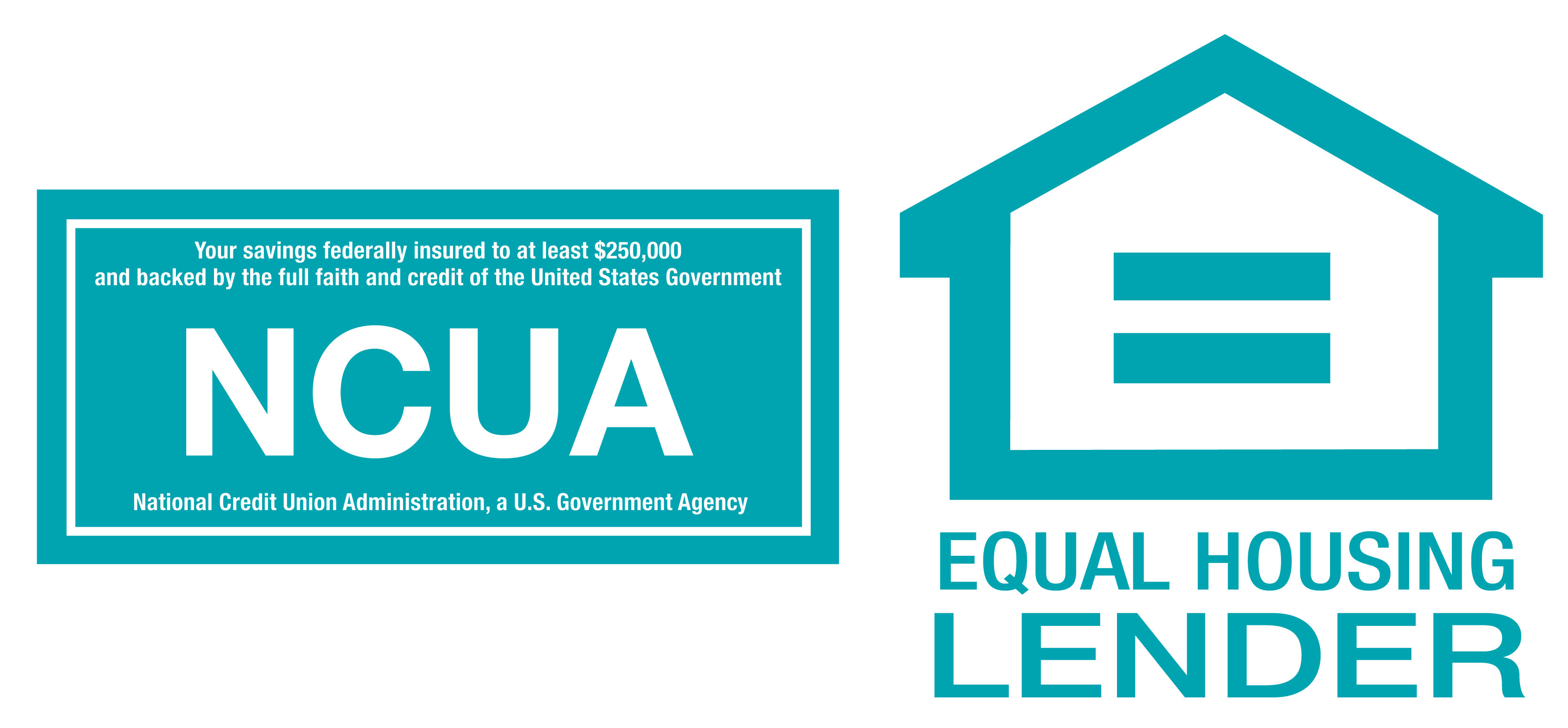Most areas in the United States are susceptible to some form of natural disaster, whether it’s a wildfire, tornado, hurricane, earthquake, or flood. A severe storm or other catastrophic event often strikes with little warning, can result in costly damage to your home, and puts your family’s safety at risk. Being prepared may help you make it through a natural disaster safely.
Protect Your Home
Wherever you live, there are proactive steps you can take to help protect your home from natural disasters:
- To help fend off storm damage, inspect and repair roof shingles and flashing, clean your gutters and downspouts so that water can flow freely away from your home, trim overhanging tree limbs, and consider investing in storm windows, doors, and shutters.
- If you live in a fire zone, create a defensible perimeter around the outside of your home, keep roof surfaces and gutters free of flammable materials such as pine needles, leaves, and branches, and consider installing fire-resistant roofing and/or siding material.
- If you live in an area that could experience a major earthquake, retrofitting an older home (strengthening the foundation with braces and bolts) might reduce the amount of damage caused by severe shaking.
Have an Emergency Plan/Disaster Kit
A natural disaster can sometimes cause power outages that last for days. It can also result in downed power lines, fallen trees and/or flooding that make roads impassable. Know evacuation routes and have an emergency plan that identifies a safe place to meet in the event that family members become separated. Keep important addresses and phone numbers readily accessible and identify a place where you can safely stay for an extended period of time if necessary. In addition, assemble a disaster kit with the following items:
- Food/Supplies. Stock up on several days’ worth of nonperishable food and bottled water. Store other items that are specific to your family’s needs, such as infant formula, diapers, pet food, clothing, and blankets.
- First aid/ medicine. Be prepared for any possible medical needs by having a first-aid kit. Also talk to your doctor about obtaining an extra prescription for important medications you take.
- Communication/safety items. Make sure your cellphones are fully charged before the storm arrives. Also gather additional safety items, such as matches, flashlights, batteries, and an AM/FM radio.
- Important documents/ valuables. Place important documents, such as personal/financial/medical records and any valuables in a secure location that is easily accessible in case of an emergency.
Review Your Insurance Coverage
Review all of your insurance policies (e.g., home owners, renters, and auto) to make sure that you have appropriate coverage for your property and belongings. Your home and its contents should be insured to their full replacement cost, including any new additions, remodels, and furniture. To assist with post-storm insurance claims, be sure to take pictures/videos and make an inventory of your home and valuables in case they are damaged or destroyed.
Keep in mind that certain types of damage (e.g., flood and earthquake) may be excluded from a standard homeowners policy, but separate coverage is often available. Contact your insurance agent to determine if you need to purchase additional insurance tailored to the risk in your area.
Be Ready to File a Claim
If your home suffers severe damage from a natural disaster, you’ll need to file a claim with your insurance company. To make the claims process easier, take pictures to document the damage (both inside and outside of your home) as soon as possible. While your claim is being processed, take steps to prevent further damage (e.g., putting a tarp on a damaged roof), since the insurance company may not cover anything beyond the initial damage to your property. Claims are paid up to policy limits.
Otherwise, you may be eligible for immediate disaster relief funds and special programs through the Federal Emergency Management Agency (FEMA). Federal disaster assistance is usually in the form of loans or grants and is available only if the affected area is declared a disaster area by FEMA and not covered by insurance.







